To provide the best experiences, we use technologies like cookies to store and/or access device information. Consenting to these technologies will allow us to process data such as browsing behaviour or unique IDs on this site. Not consenting or withdrawing consent, may adversely affect certain features and functions.
The technical storage or access is strictly necessary for the legitimate purpose of enabling the use of a specific service explicitly requested by the subscriber or user, or for the sole purpose of carrying out the transmission of a communication over an electronic communications network.
The technical storage or access is necessary for the legitimate purpose of storing preferences that are not requested by the subscriber or user.
The technical storage or access that is used exclusively for statistical purposes.
The technical storage or access that is used exclusively for anonymous statistical purposes. Without a subpoena, voluntary compliance on the part of your Internet Service Provider, or additional records from a third party, information stored or retrieved for this purpose alone cannot usually be used to identify you.
The technical storage or access is required to create user profiles to send advertising, or to track the user on a website or across several websites for similar marketing purposes.
 Ahead of COP26, green business leaders around the world have called for government and industry action on buildings and infrastructure. The World Green Building Council (WorldGBC) has published a new report, which it claims helps to identify opportunities for how a transformative, integrated approach to urban environments and buildings is essential to deliver change in line with the commitments of the Paris Agreement. (more…)
Ahead of COP26, green business leaders around the world have called for government and industry action on buildings and infrastructure. The World Green Building Council (WorldGBC) has published a new report, which it claims helps to identify opportunities for how a transformative, integrated approach to urban environments and buildings is essential to deliver change in line with the commitments of the Paris Agreement. (more…)









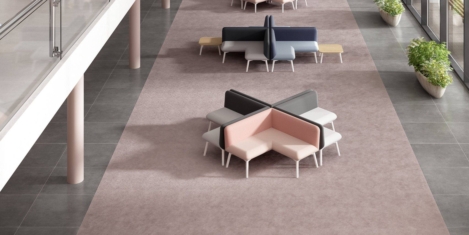






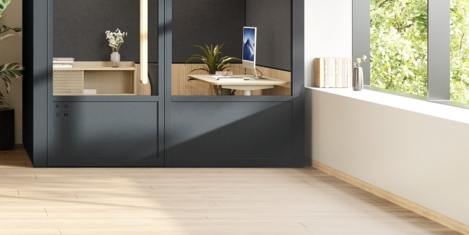
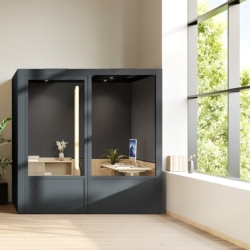
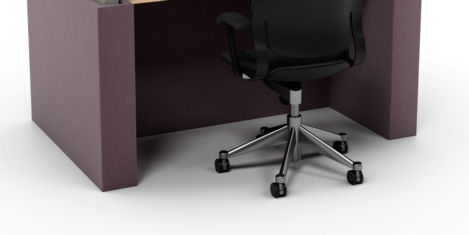
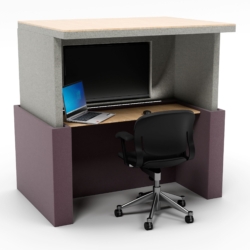










June 9, 2025
Rise of AI gives us a chance to rediscover a world beyond the screen
by Anthony Brown • AI, Comment, Workplace design